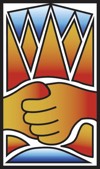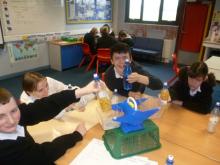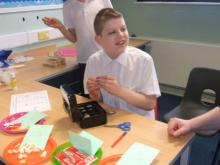Mathematics is all about what we understand of how the world is organised by size, set, sequence, position, and shape and how these things change. The key is that Maths must teach pupils to better understand what is around them and happening in their everyday lives.
This can begin with "like/dislike" as the criteria for sorting and categorising but further pupils will be matching one item to another (a plate and a cup for each pupil) and yet other pupils will be learning that objects exist even when they've gone out of sight and the can find them if they look. There are many levels at which pupils can access the essence of what will lead to "number" starting with an understanding of objects and groups of objects.
Another core skill is to understand size - leading to measuring. From pupils who can reach for the big thing that they like rather than the smaller offering, to stacking or putting things into suitable containers.
When it comes to learning about sequences this can be pupils learning about simple daily routines to pupils learning about immediate cause and effect. There are also patterns in space such as learning about the relationship between objects in space, building one brick on top of another, the different rooms you pass before arriving at the hydrotherapy pool.
At Cromwell we see Maths as "Understanding the organisation of the world" and a way in which we teach pupils both about how the world works and the skills that will allow them to be more effective in their lives. We teach the wider concepts and understanding through our Maths lessons plus we have the key priority "functional skill" of "understanding the organisation of the world" integrated into each pupil's Annual Review of Educational Health and Care Plan meeting which then becomes the termly IEP and integrated into lessons across the curriculum.


